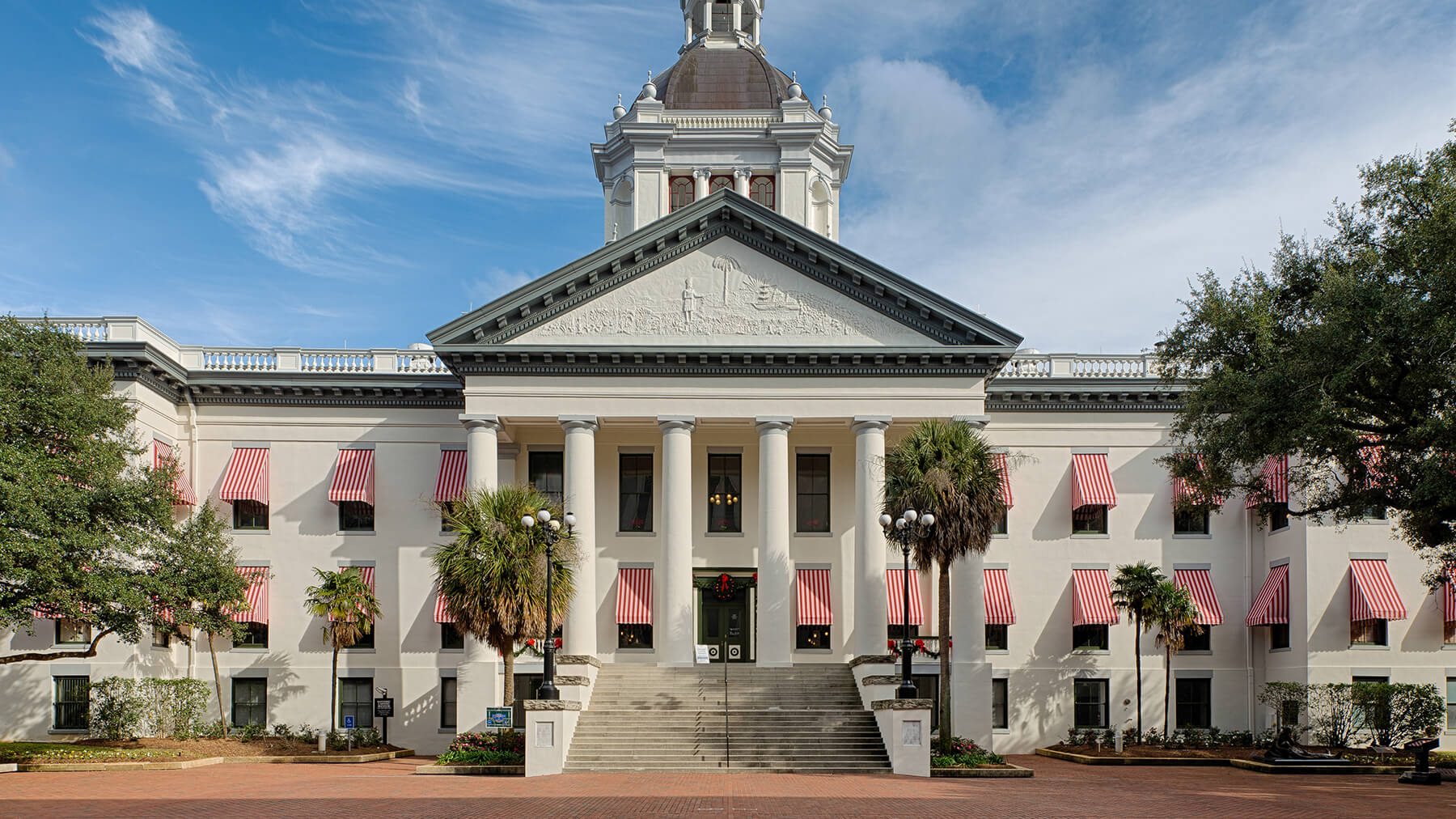A federal court yesterday ruled that a Florida voter suppression law enacted last year infringes on the right to free speech by forcing voter registration groups to make false claims to potential voters when trying to register them.
The case – HTFF v. Laurel Lee – was brought by Harriet Tubman Freedom Fighters (HTFF), a group represented by the Southern Poverty Law Center, Fair Elections Center and Baker McKenzie.
Ruling in three cases consolidated with HTFF v. Lee, U.S. District Judge Mark E. Walker mandated that for the next 10 years Florida must seek preclearance from the court before changing voting laws that would restrict voting drop boxes, voting by mail, third-party voter registration organizations or assistance to voters.
“We applaud the decision of the court to strike down forced speech provisions, enshrine voting rights and to establish protections for voting rights in Florida under preclearance,” said Caren Short, senior supervising attorney for the SPLC’s Voting Rights Practice Group. “We have been proud to work alongside allies like the League of Women Voters, the Florida State Conference of the NAACP and Florida Rising in challenging barriers to voting, and we will continue standing with them and Florida communities against barriers to voting.”
Harriet Tubman Freedom Fighters Corp. is a nonprofit, nonpartisan organization that focuses voter registration efforts on new voters, particularly youth, communities of color and people released from prison after completing their sentences.
The Florida law, SB 90, compelled HTFF and similar organizations to communicate a false, state-sponsored message to potential voters – that the organizations “might not” submit their applications on time.
Fair Elections Center and the SPLC filed suit on behalf of HTFF on June 14, 2021, alleging that the new law is void for vagueness under the due process clause of the 14th Amendment, that it compelled speech in violation of the First Amendment and that it prevents organizations from exercising their First Amendment rights of expression and association.
“We founded HTFF to defend the voice of our community, so we are proud that our right to make our voices heard through organizing and free speech has been affirmed by today’s ruling,” said HTTF President and Co-founder Rosemary McCoy. “However, organizations like HTFF are still needed to defend our communities’ right to vote, and we plan to redouble our efforts to empower our community to vote.”
SB 90, enacted by politicians weaponizing misinformation about the 2020 presidential election, created a series of barriers to voting. In addition to the restriction on voter registration organizations, it required voters to provide a state ID number or the last four digits of their Social Security number to obtain a mail ballot, providing no alternative if a voter has neither identification number.
It also shortened the period during which a voter can remain on the state’s vote-by-mail list, which entitles them to receive a mail ballot automatically. It modified rules for observers in ways that could disrupt election administration, and it restricted private individuals and entities from providing rides, chairs, umbrellas, food and water to voters waiting in line to cast a ballot.
“The court has delivered a victory for voting rights organizations over new barriers to community voter registration drives created last year by Governor Ron DeSantis and Florida state legislators,” said Michelle Kanter Cohen, policy director and senior counsel with Fair Elections Center. “This decision vindicates the critical role of building community trust in voting and political participation that our client and other organizations fill. The ruling has established SB 90 violates our client’s freedom of speech, and we call on Florida’s Legislature and governor to stop enacting barriers to Floridians’ making their voices heard in our democracy.”
Added Debra Dandeneau, partner at Baker McKenzie, “We were proud to lend our pro bono time, energy and talent to this victory for voting rights organizations and their freedom of speech.”
The case was consolidated for trial with these others:
League of Women Voters of Florida, Inc. et al. v. Lee et al.
The plaintiffs argue that SB 90’s drop box restrictions, mail-in ballot repeat request requirement, volunteer assistance ban, deceptive registration warning and food and water ban violate the First and 14th Amendments.
Florida State Conference of Branches and Youth Units of NAACP et al. v. Lee et al.
The plaintiffs argue that SB 90 creates unnecessary barriers and burdens that disproportionately impact Black and Latinx voters and voters with disabilities, violating Section 2 of the Voting Rights Act, the First, 14th and 15th Amendments, and Title II of the Americans with Disabilities Act.
Florida Rising Together et al. v. Lee et al.
The plaintiffs challenge SB 90’s limitations of the availability of drop boxes, the addition of identification requirements to request a vote-by-mail ballot, the prohibition of assistance to voters waiting in long lines and the imposition of new restrictions on third-party voter registration organizations.
Photo at top: The Florida State Capitol in Tallahassee. (Credit: iStock)



